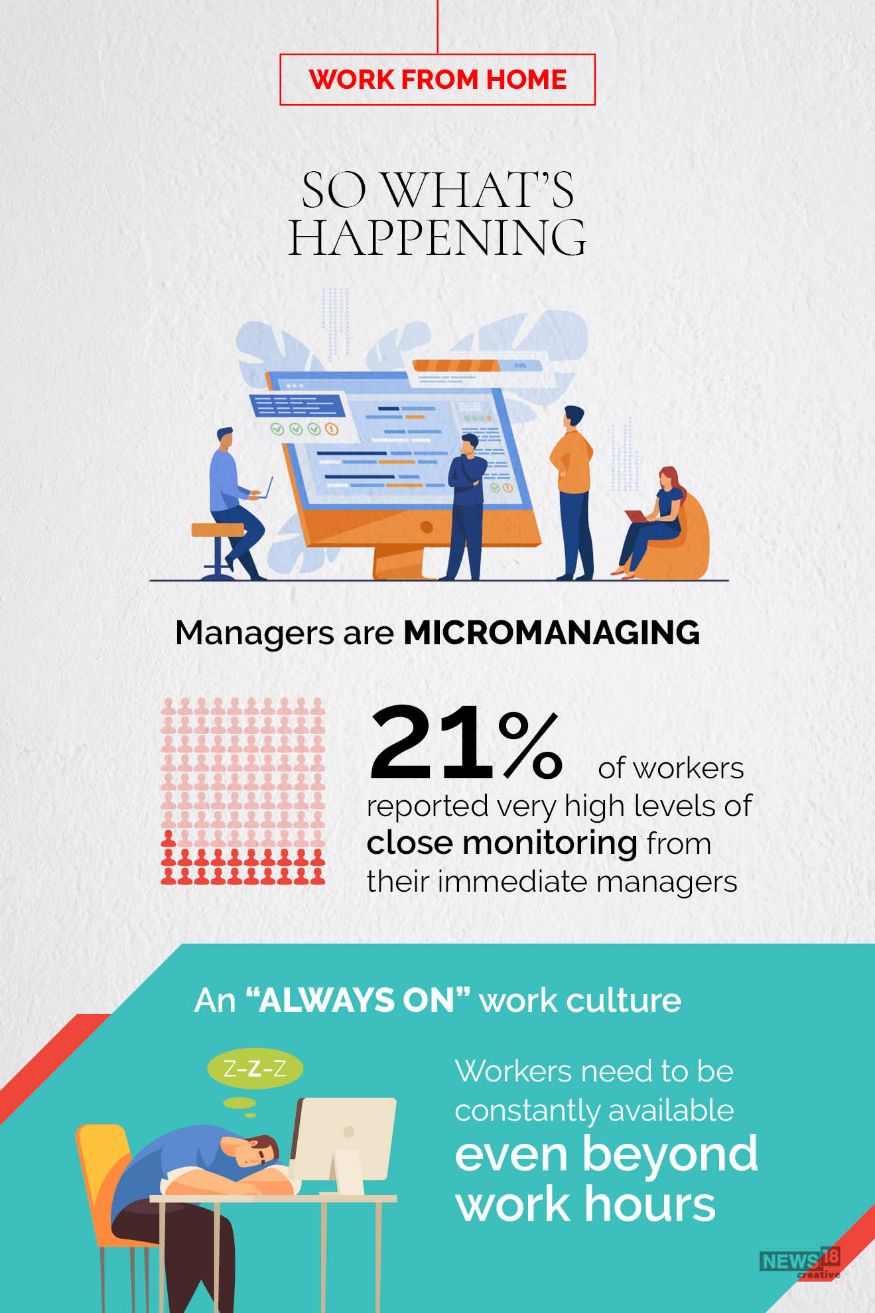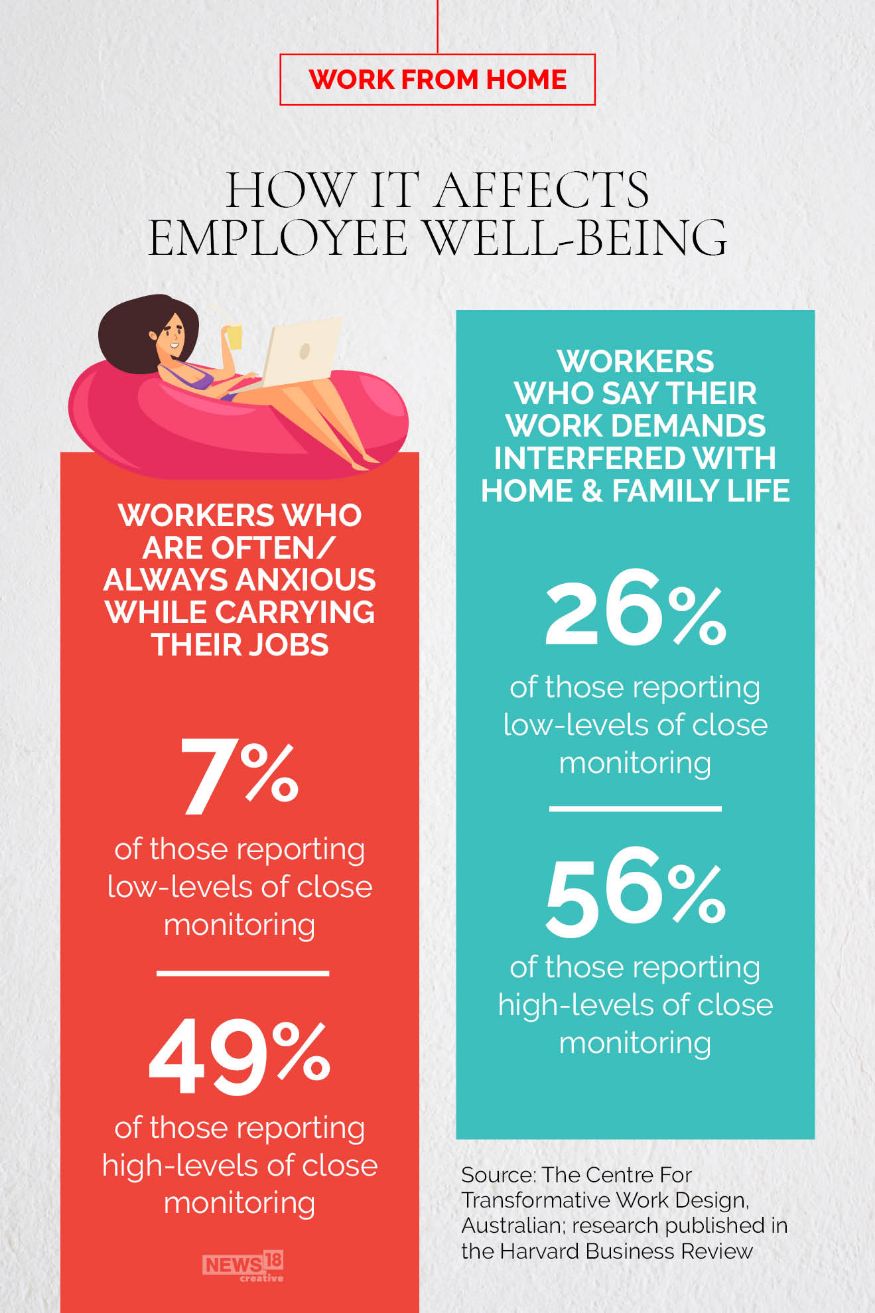

And trust is key to the success of remote teams.Īlso, the biggest benefit of working remotely is the “ability to have a flexible schedule.” This cannot be possible without trust. In fact, a Harvard study found that employees at high-trust companies experience:īeing trusted to accomplish tasks on your own is a great motivator. There can be collaboration without it, but it won’t be very productive or sustainable in the long run.” More than incentives, technology, roles, missions, or structures, it is trust that makes collaboration really work. “If I had to pick the one thing to get right about any collaborative effort, I would choose trust. Larry Prusak, Senior Advisor and Faculty, Columbia University, author, Working Knowledge, talked about the relationship between trust and collaboration: This is because a culture of trust enables greater productivity, increased profitability, and better quality products and services.

Trust is not simply about having positive feelings or liking the people one works with.īy fostering a culture of trust, companies can make a meaningful difference in business outcomes and employee engagement.

Source: Buffer The State of Remote Work 2020 To build trust with remote teams, managers need to look at practical solutions to these problems.

Remote employees, in turn, may think - How can I show my manager that I am getting work done?Ĭollaboration and communication are considered among the biggest struggles of remote work, followed by social isolation and an inability to maintain a work-life balance. Managers have the question - How do I know if remote employees are working?
#Remoter issue trust how to
One of the foremost issues is how to build trust with remote teams when the manager is not physically present. They now appeal to the JCPC.The COVID-19 pandemic has brought remote work and its many challenges into sharp focus. The appellants succeeded before the Bermuda Supreme Court but that decision was overturned by the Bermuda Court of Appeal. The appellants challenge the validity of the amendment of the GRT’s beneficiaries and the transfer of its assets to Grand View as trustee for the WFT. The GRT Trustee was placed into voluntary liquidation on 29 November 2006 and dissolved on 30 January 2007. The directors of the GRT trustee took steps to execute those decisions in September 2005. In May 2005, the directors of the GRT trustee determined that the GRT trustee would (i) transfer the assets of the GRT to Grand View (of which they were also directors) as trustee for the WFT, (ii) add Grand View as a beneficiary of the GRT, and (iii) exclude all of the existing beneficiaries of the GRT (including the appellants). Winston Wong, Riley Wong, Jennifer Wang and Tony Wang were all beneficiaries of the GRT at the time of its creation and contend on this appeal that they still are. It was declared by the first respondent, Grand View Private Trust Company ("Grand View") on and was transferred assets worth around US$567m at the time of its creation. The Wang Family Trust (the "WFT") is a Bermuda perpetual purpose trust for a mixture of noncharitable and charitable purposes and has no human beneficiaries. The GRT was declared on and is estimated to hold assets of over US$500m as of 2019. The Global Resource Trust No 1 (the "GRT") is a Bermudan irrevocable discretionary trust with a trust period of 100 years created for the benefit of the children and remoter issue of YC Wang and YT Wang living on or born after. Was the amendment of a Bermudan trust’s beneficiaries and the transfer of the trust’s assets to another entity by its trustee (i) beyond the scope of the trustee’s powers, a fraud on the trustees’ powers or otherwise invalid, or (ii) in violation of the terms of the trust deed, so as to render the purported amendment and transfer void? Grand View Private Trust Company and another (Respondents) v Wen-Young Wong and others (Appellants) (Bermuda) Case ID: JCPC 2020/0064 Jurisdiction: Court of Appeal for Bermuda Case summary Issue


 0 kommentar(er)
0 kommentar(er)
